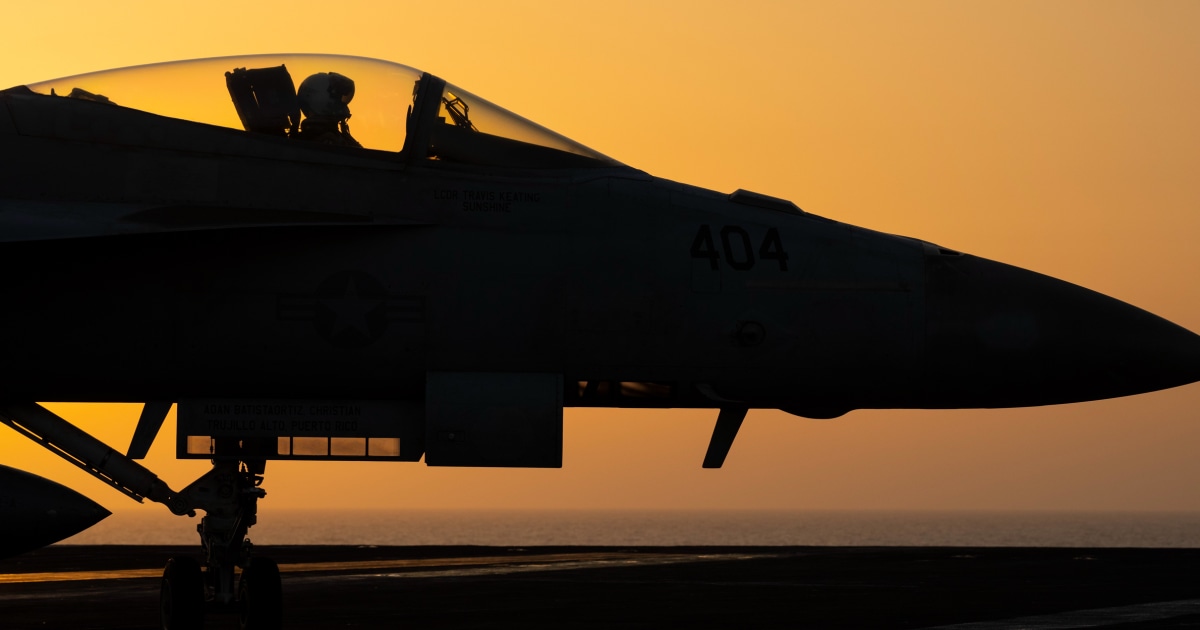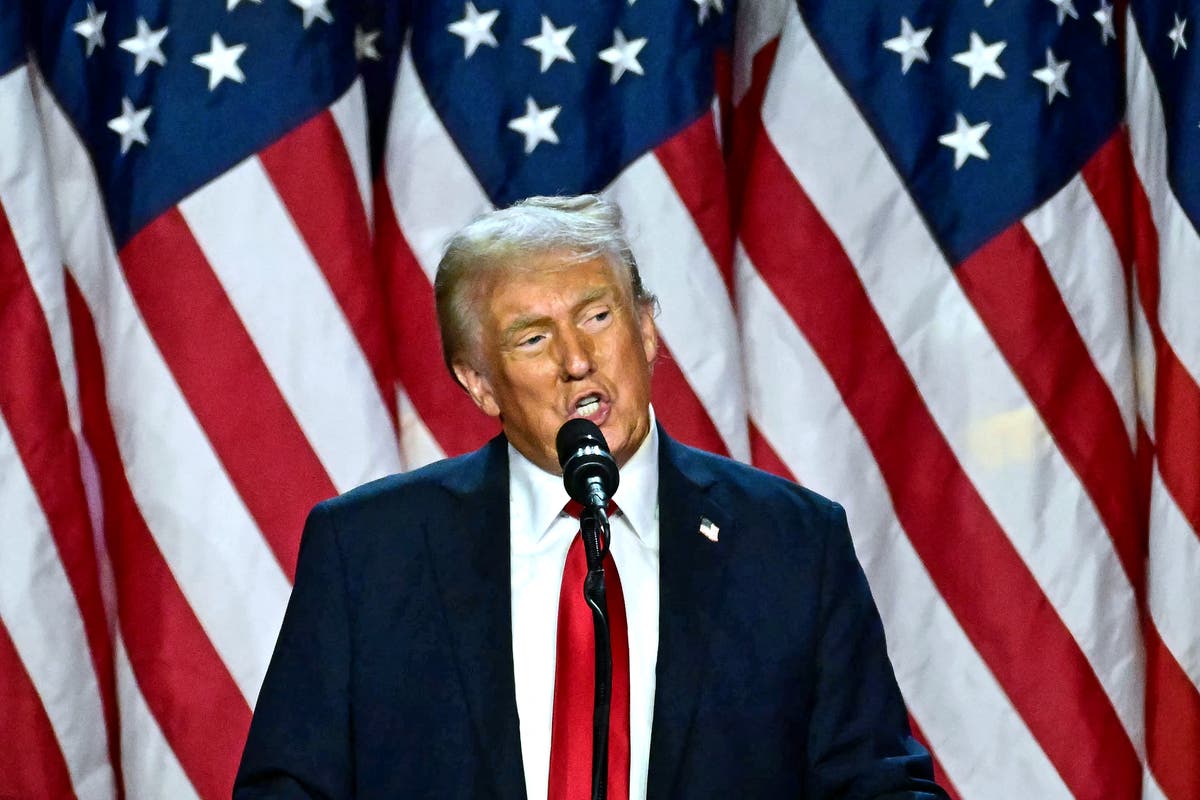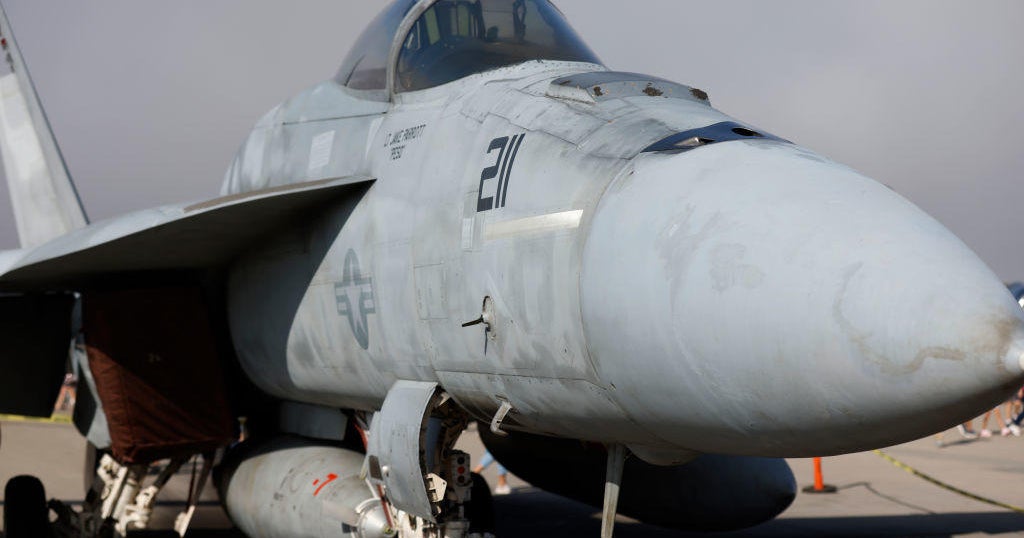World
Trump’s World Liberty to Mainly Sell Digital Tokens to Investors Outside the US

World Liberty Financial, the crypto project being promoted by former President Donald Trump, disclosed that its $300 million offering of tokens is primarily being marketed offshore, with fewer than 350 US investors buying the digital asset so far.
Based in Wilmington, Delaware, but run from Puerto Rico, World Liberty filed a notice with American regulators this week on the offering, stating that it “currently only plans” to sell $30 million of tokens in the US. After reaching the $30 million threshold, World Liberty will terminate the US offering, even though the company has some $288.5 million of tokens available for sale, according to the document.
Zachary Folkman, a World Liberty co-founder, said during a September interview streamed on Elon Musk’s X that the company would sell some tokens through an exemption to the stringent US requirements for companies raising capital. The exemption, known as Regulation S, is only available for tokens sold to non-US investors. World Liberty representatives didn’t respond to requests for comment.
Most token issuances are done offshore because the industry has been subject to heavy scrutiny in the US, where the Securities and Exchange Commission has sought to regulate these assets as securities. In addition, trading in tokens is usually much more robust offshore, another reason that companies such as World Liberty prefer to market their offerings to non-US investors.
World Liberty Financial is being promoted by Trump and his sons as part of the decentralized finance movement, democratizing access to financial services. The filing lists Trump and two of his sons, Don Jr. and Eric, while adding a caveat that says “this person is included for informational purposes and does not reflect a determination” that they are officially promoting the offering itself.
Folkman and Chase Herro, another World Liberty co-founder, are listed as its executive officers in the filing. They also run a company called Axiom Management that is located in Dorado, Puerto Rico, which offers big breaks from US taxes to people who set up businesses there.
The token sale started soon after Trump launched his fourth collection of nonfungible tokens, which are digital depictions of himself. The former president headlined the world’s largest Bitcoin conference this summer in an effort to appeal to crypto voters and donors.
During the Sept. 16 interview streamed on X, formerly known as Twitter, Folkman said that any potential non-US sale would be conducted through Regulation S. But he didn’t give a breakdown on the number of tokens that would be sold domestically or overseas.
World Liberty is tapping US investors through a different exemption, known as Regulation D. This exemption permits US companies to raise as much money as they want from an unlimited number of US investors, as long as they are institutions or wealthy individuals who meet certain financial criteria, such as having a net worth of more than $1 million, excluding the value of their home.
Both Regulation D and Regulation S are intended to help companies save time and money when they raise capital. But Regulation D has more investor protections and disclosure requirements.
For example, companies that sell securities through Regulation D must file a public notice that provides some details on the offering, such as the amount raised, the number of investors involved, and the principal officers and sponsors of the sale. It also requires issuers to make sure each buyer is wealthy enough to participate in the offering, a task that Folkman alluded to in the X interview when he said World Liberty could only sell tokens to US buyers “if they have been reasonably verified as accredited investors.”
World Liberty said in the filing that, since Oct. 15, it has raised $2.7 million under Regulation D by selling tokens to 348 investors. Roughly 17,000 addresses have held the asset once, according to analytics firm Kaiko.
The gap may be partly explained by sales through Regulation S.
US private companies don’t have to report any information on capital-raising through Regulation S. Nor is there any requirement to determine whether buyers are rich enough to qualify as accredited investors under US law. The catch: the offering can only raise money from foreign investors.
“We would expect that any potential non-US token sale would be limited to non-US persons and comply with applicable restrictions under what is known as Regulation S,” Folkman said during the X interview.
This article was generated from an automated news agency feed without modifications to text.
Catch all the Business News , Breaking News Events and Latest News Updates on Live Mint. Download The Mint News App to get Daily Market Updates.
MoreLess










